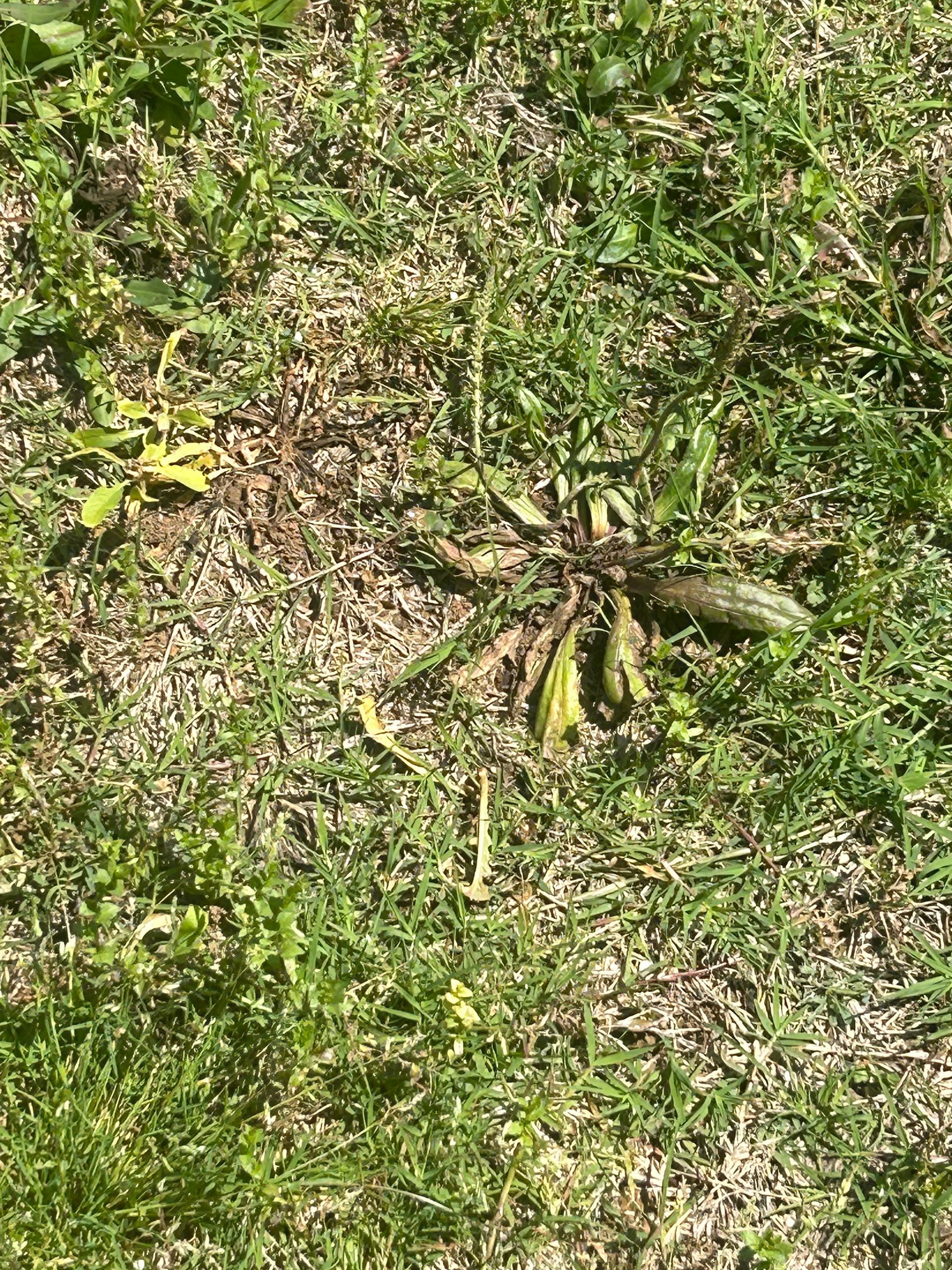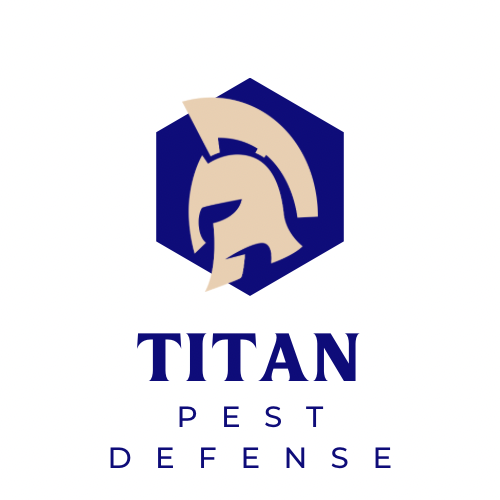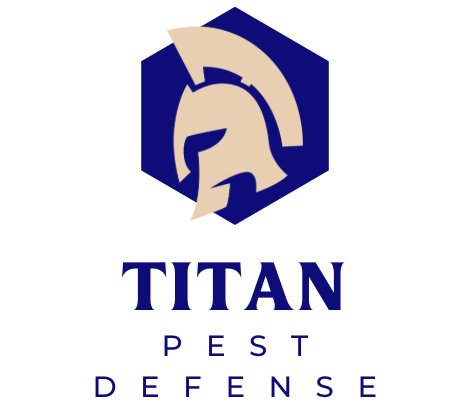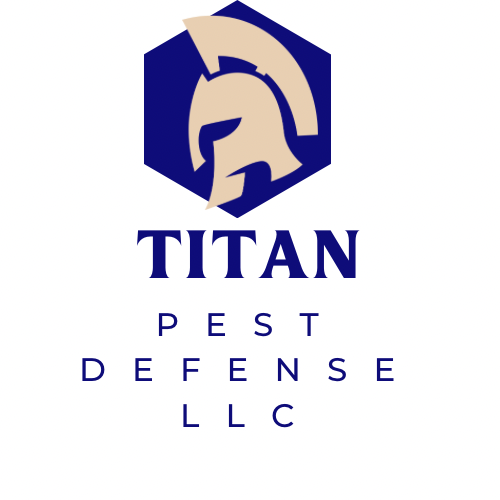Broadleaf Weeds: How to Identify and Control for a Healthy Lawn
We provide a wide range of professional Weed Control services to meet your needs. We promise to provide every service with a smile and to your highest level of satisfaction.
Broadleaf Weeds
Broadleaf weeds are aggressive, fast-growing plants that can invade your lawn and garden, competing with desirable plants for nutrients, sunlight, and water. Unlike grass-like weeds, broadleaf weeds have wide, flat leaves and typically grow in irregular patches. These weeds can be difficult to control, but with proper identification and timely treatment, you can protect your landscape from their invasive effects.
Types of Broadleaf Weeds
Bittercress
- Type: Broadleaf annual
- Active: Winter
- Control: Pre- and post-emergent treatments
Bittercress thrives in weak, thin lawns and is commonly found in the southeastern U.S. It grows actively in winter, making it easier to spot during the colder months.
Virginia Buttonweed
- Type: Broadleaf perennial
- Active: Summer
- Control: Post-emergent treatments
This resilient weed spreads rapidly through birds, animals, humans, and wind. It thrives in lawns, particularly in moist, low-lying areas.
Carolina Geranium
- Type: Broadleaf annual
- Active: Winter
- Control: Pre- and post-emergent treatments
Carolina geranium is found in lawns, fields, and roadsides across the southeastern U.S. and grows during the cooler months.
Chamberbitter
- Type: Broadleaf annual
- Active: Summer
- Control: Post-emergent treatments
Chamberbitter, also known as gripeweed or little mimosa, thrives in the Southeast and as far north as Illinois. Its fast-growing nature makes it a tough weed to manage.
Clover
- Type: Broadleaf perennial
- Active: Year-round
- Control: Post-emergent treatments
Clover is rich in nutrients and palatable to livestock. While it can be beneficial in pastures, it’s often considered a nuisance in lawns due to its aggressive growth.
Common Chickweed
- Type: Broadleaf annual
- Active: Winter
- Control: Pre- and post-emergent treatments
Common chickweed thrives in weak, thin turf and can persist in the soil for years, making it difficult to eliminate once established.
Dandelion
- Type: Perennial
- Active: Year-round
- Control: Post-emergent treatments
Dandelions are persistent, thriving in a variety of soil types. They spread quickly when the seed puffs are blown, so it’s important to manage them before they go to seed.
Doveweed
- Type: Broadleaf annual
- Active: Summer
- Control: Requires multiple post-emergent treatments
Doveweed can persist in soil for years, often requiring ongoing treatments for full eradication.
Henbit
- Type: Hairy annual
- Active: Winter
- Control: Pre- and post-emergent treatments
A member of the mint family, henbit produces pink-to-purple flowers and can reach up to 30 cm in height. It becomes more visible as temperatures rise in the spring.
Lespedeza
- Type: Broadleaf annual
- Active: Summer
- Control: Post-emergent treatments
Lespedeza, or Japanese clover, grows in dry, compacted areas and forms mats that spread quickly, making it challenging to manage.
Mouse-Ear Chickweed
- Type: Broadleaf perennial (can behave as a winter annual in some climates)
- Active: Winter
- Control: Pre- and post-emergent treatments
This mat-forming weed has fuzzy leaves and stems and is edible, often used in salads or cooked like spinach. However, it can overtake lawns if left uncontrolled.
Oxalis
- Type: Broadleaf perennial
- Active: Year-round
- Control: Post-emergent treatments
Oxalis resembles small clover with yellow flowers and is sometimes used as ground cover. It can be a nuisance in lawns due to its deep, resilient roots.
Red Dead-Nettle
- Type: Broadleaf annual
- Active: Winter
- Control: Pre- and post-emergent treatments
Also known as purple dead-nettle, this weed spreads rapidly and blooms year-round, even in warmer winters. It prefers full sun to light shade and rich, moist soil.
Spotted Spurge
- Type: Broadleaf annual
- Active: Summer
- Control: Pre-emergent treatments
Spurge grows in compacted soil and full sun, forming dense mats up to two feet in diameter. It’s particularly hard to manage in dry, stressed turf.
Wild Violet
- Type: Broadleaf perennial
- Active: Year-round (prominent in spring and summer)
- Control: Difficult to manage with pre- or post-emergent treatments
Wild violets are highly adaptable and spread quickly in a variety of environments. They are notorious for being hard to eradicate once established.
Khaki Weed
- Type: Broadleaf perennial
- Active: Summer
- Control: Pre- and post-emergent treatments
Khaki Weed is an invasive weed that spreads aggressively through seeds and creeping stems. Its spiny seed pods make it especially annoying in lawns, pastures, and walkways.
Creeping Charlie
- Type: Broadleaf perennial
- Active: Spring and Fall
- Control: Post-emergent treatments
Also called ground ivy, Creeping Charlie thrives in shady, moist areas and forms dense mats that choke out grass. It’s tough to eliminate, requiring consistent treatment.
Purslane
- Type: Broadleaf annual
- Active: Summer
- Control: Post-emergent treatments
Purslane thrives in hot, dry conditions and spreads through its succulent leaves and seeds. It can quickly invade garden beds, lawns, and disturbed soils.
Thistle
- Type: Broadleaf perennial
- Active: Summer
- Control: Post-emergent treatments
Thistle grows quickly, producing sharp spines and deep taproots. It can invade lawns and gardens, causing soil disturbance and outcompeting other plants.
Control Broadleaf Weeds with Titan Pest Defense
Managing broadleaf weeds requires timely intervention and consistent lawn care practices. Identify these weeds early, apply the right treatments, and maintain a healthy lawn to minimize weed growth. Reach out to Titan Pest Defense for expert advice on identifying, treating, and preventing broadleaf weeds to keep your landscape beautiful and thriving!



